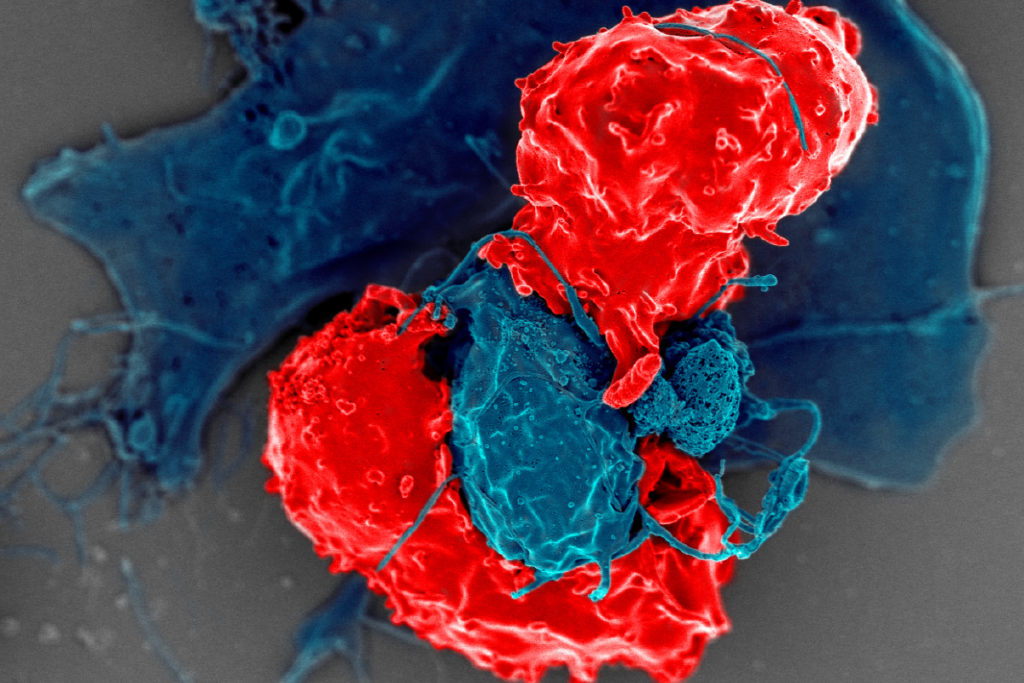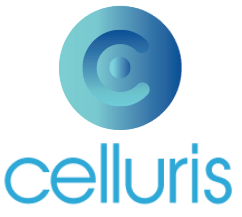The CAR-T cells (Chimeric Antigen Receptor T cells) were not created by a single person, but the development of this technology was carried out by several researchers over time. The initial idea of CAR-T dates back to the 1980s and 1990s, when scientists began exploring ways to modify immune system cells to specifically target cancer cells.
The concept of inserting a chimeric antigen receptor into T cells was proposed by several scientists, including Zelig Eshhar, an Israeli immunologist, whose pioneering work was crucial for the creation of the first CAR-T cells. Since then, many researchers around the world have contributed to the evolution and optimization of this technology, resulting in subsequent generations of CAR-T cells and significant advances in the field of cancer cell therapy.
Evolution of CAR-T Cell Therapy
The evolution of CAR-T cell therapy (Chimeric Antigen Receptor T cells) has been recognized in various studies as a potential treatment for severe oncological cases. Initially, CAR-T cells were developed as an experimental approach to treat cancers, especially refractory leukemias and lymphomas.
Initially, these CAR-T cells were first-generation, consisting only of the antigen-binding domain and basic intracellular signaling and, according to studies, showed limited efficacy. The second generation of CAR-T cells incorporated a second cytoplasmic co-stimulation signal, significantly improving the immune response. This approach was more effective in treating certain types of cancer, leading to more positive results in clinical trials.
The third generation included additional modifications to enhance the persistence and efficacy of CAR-T cells. Furthermore, there was an expansion in therapeutic targets, going beyond B cells to include other malignancies.
Today, CAR-T technology is already in its fifth generation and is among the most promising treatments for cancer, particularly for refractory lymphoid malignancies. Despite the proven efficacy of CAR-T cells recognizing CD19 and other antigens, the ideal management for potentially fatal side effects has not yet been achieved. Therefore, in the latest studies, many strategies have emerged to improve CAR-T therapies, aiming to avoid adverse effects and increase the survival and efficacy of modified cells. Among them, we cite CARs targeting multiple antigens, controlled/tuned CAR-T, capable of modulating the patient’s immune response and/or eliminating CAR-T cells when a high-risk adverse effect occurs, bispecific CARs, which are only activated when two tumor antigens are bound, Bispecific T cell Engagers (BiTEs TM, Amgen, Thousand Oaks, CA, USA) which are bispecific antibodies that bind the CAR antigen on the T cell to the tumor antigen, CAR-T with peptide bridges where a soluble protein binds a “universal” CAR-T cell to the specific tumor target or CARs with reduced affinity for the antigen.
Technological Development
Over time, CAR-T cell therapies have become more personalized, adapting to the uniqueness of each patient. Some CAR-T products have received regulatory approvals, marking a significant advancement in integrating these therapies into conventional cancer treatment.
The continuous evolution of research and development in this field promises to further improve the effectiveness and applicability of CAR-T cell therapies in cancer treatment.
First CAR-T Cell Treatments
The first CAR-T cell treatments were focused on patients with Acute Lymphoblastic Leukemia (ALL), especially those who did not respond to conventional treatments. The initial milestone occurred in the 2010s, with notable results in CAR-T therapy development.
In 2010, the first successful clinical trial occurred. Researcher Carl June and his team at the University of Pennsylvania conducted the first successful clinical trial using CAR-T cells in patients with Acute Lymphoid Leukemia. This historic milestone showed that modified T cells could induce remission in severely ill patients.
By 2012, there was a positive response in patients with Pediatric Acute Lymphoid Leukemia (ALL). Novartis and the University of Pennsylvania reported positive results in a clinical trial involving children with ALL. In this study, many patients who did not respond to previous treatments achieved complete remission.
In 2017, the first CAR-T treatment approval came. The CAR-T treatment called Kymriah (tisagenlecleucel) from Novartis received approval from the Food and Drug Administration (FDA) of the United States, to treat pediatric and young adult patients with refractory or relapsed ALL. This was a crucial step in integrating CAR-T therapies into clinical practice.
These events marked the beginning of a new era in cancer therapy, demonstrating the potential of CAR-T cells to treat patients with refractory cancers and offering a promising outlook for future innovations in cellular therapy.
Pioneering in CAR-T
Technology Celluris was the first company to develop CAR-T technology in Brazil. Even today, it is the one that is most dedicated to this field of study, working to offer personalized therapies to patients. To learn more about the company, visit the website.
Are you interested in CAR-T cell technology? Read the article on how this immunotherapy is revolutionizing cancer treatment on our blog. Click here to read the full article.


